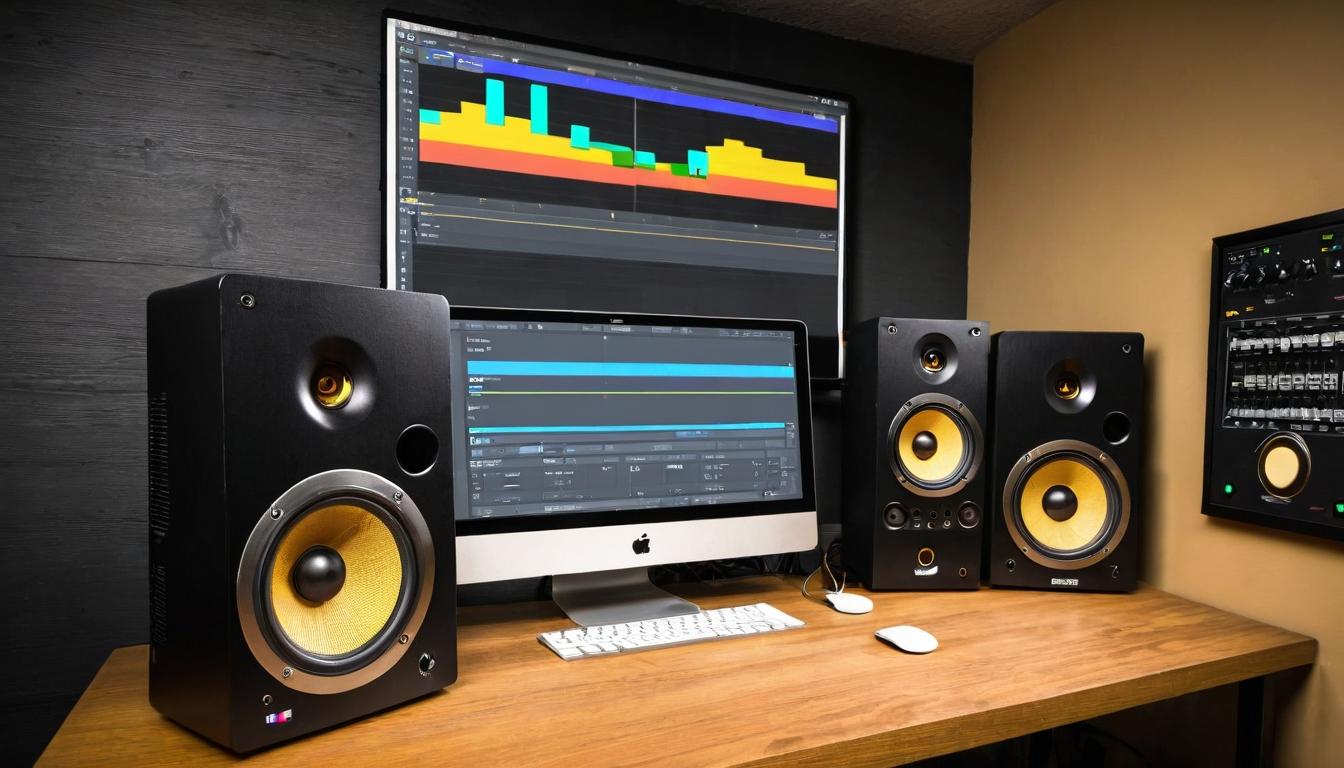In the dim glow of laptop screens across countless bedrooms, a quiet revolution is unfolding. While major labels chase viral moments and algorithm-friendly formulas, a new generation of producers is crafting the future of pop music from their makeshift home studios. These digital artisans, armed with cracked software and boundless creativity, are dismantling the traditional music industry gatekeeping system one SoundCloud upload at a time.
The bedroom producer phenomenon isn't new—artists like Grimes and Billie Eilish famously started this way—but the scale has exploded. During pandemic lockdowns, music production software sales surged by 300%, and platforms like Splice reported millions of new users. What began as quarantine hobbies has evolved into a legitimate cultural movement, with bedroom-made tracks regularly appearing on TikTok's viral charts and even breaking into mainstream radio rotations.
What makes this wave different from previous DIY movements is the sheer accessibility of professional-grade tools. Where aspiring musicians once needed expensive studio time to achieve radio-ready sounds, today's producers can download the same plugins used by top industry hitmakers for monthly subscription fees cheaper than most streaming services. The playing field hasn't just been leveled—it's been inverted.
The sound emerging from these home studios defies easy categorization. Genre-blending has become the default mode, with producers freely mixing hyperpop textures with R&B grooves, or layering folk instrumentation over drill beats. This sonic freedom stems from the democratization of music education—thousands of YouTube tutorials allow producers to learn techniques from any genre imaginable, creating a global melting pot of influences that would have been geographically impossible a decade ago.
Social media platforms have become the new A&R departments, with TikTok serving as both testing ground and launchpad. A well-timed viral moment can transform an unknown producer's life overnight, as happened with 19-year-old producer Elie, whose track "Marea" exploded after being used in over 2 million videos. Unlike traditional label discoveries, these breakthroughs happen organically, driven entirely by audience response rather than executive intuition.
The financial model supporting these artists is equally revolutionary. Through platforms like Patreon, Bandcamp, and Twitch, producers are building sustainable careers without label backing. Some offer production lessons, others sell sample packs, and many cultivate loyal communities willing to directly support their creative output. This direct-to-fan economy represents a fundamental shift in how musicians can earn living wages without relying on predatory traditional deals.
Major labels have taken notice, but their attempts to co-opt the movement often backfire. When executives try to manufacture 'bedroom producer authenticity,' audiences quickly detect the artifice. The most successful industry collaborations happen when labels simply provide resources while respecting the artist's creative autonomy—a difficult balance for corporations accustomed to total control.
The cultural impact extends beyond music itself. Bedroom producers are challenging class barriers in an industry historically dominated by wealthier artists who could afford formal training and studio access. First-generation immigrants, working-class creators, and artists from marginalized communities are finding voices through accessible production tools, bringing perspectives that were previously excluded from mainstream pop.
This democratization comes with its own challenges. The sheer volume of music being released—over 100,000 tracks uploaded to streaming services daily—creates intense competition for attention. Many talented producers struggle to break through the noise, leading to burnout and mental health issues within the community. The very tools that enable creation also contribute to an often overwhelming pressure to constantly produce content.
Looking forward, the bedroom producer movement shows no signs of slowing. As AI-assisted production tools become more sophisticated, the barrier to entry will lower further, potentially unleashing even more creative innovation. The question isn't whether bedroom producers will continue influencing pop music—they already are—but how the industry will adapt to a landscape where hit records can emerge from anywhere, made by anyone with a laptop and something to say.
The revolution won't be televised. It'll be streamed.
The underground resistance: how bedroom producers are reshaping pop music

